Marine Communications Officers have four basic options to pick from as far as billet assignments go, and they essentially boil down to the four parts of the MAGTF:
COMM BATTALION: Supports the Command Element
DIVISION: Supports the Ground Combat Element
MLG: Supports the Logistics Combat Element
WING: Supports the Air Combat Element
So that describes where in the Marine Corps you’re going, but it doesn’t stop there. It’s easiest to understand using the infantry model as an example.
Division, MLG, Wing
Let’s say you get assigned to 1st Marine Division. You’re going to report to the Division’s COMM COMPANY; this is the unit responsible for setting up comm for the Division Headquarters. From there you’ll be assigned a platoon: Radio, Wire, Data, Satellite Communications, etc. You’ll stay in the comm company for a few months learning how life as a Communications Officer works.
After awhile you’ll be sent out to a unit within the division. That could be an infantry regiment or battalion, a tank battalion, an artillery battalion, etc. If you get an infantry battalion you will be an “independent S-6,” meaning your boss is the Battalion CO and you’re the only comm-o in the unit. If you go to a larger/more complex unit, such as a regiment or a tank battalion, you’ll be the S-6A (assistant). You’ll work for a captain, who is the regular S-6. In either case, you’ll run that unit’s comm platoon, which will consist of about 60 Marines and will be split into radio, wire, and data sections.
That’s how it works at Division, and it’s roughly the same at MLG and Wing.
Comm Battalion
Comm Battalion (which supports the MAGTF Command Element) is a little different; you’ll get assigned your platoon (again, radio platoon, wire platoon, data platoon, etc), and that will be your platoon. You’ll stay at the comm battalion for the duration of your tour. Comm Battalions typically don’t deploy as a whole, but instead will deploy a company at a time. For instance, when I MEF was in Iraq, it would be supported by 9th Comm Battalion’s Company A for awhile, then B, then C, etc.
You could potentially get sent on a MEU in comm battalion, and in that case you will probably be an independent S-6 or an S-6A for the MEU Command Element.
What are the big differences between each assignment?
Aside from the obvious fact that infantry does infantry and logistics does logistics, there are a few other differences as well:
Division units tend to be very radio-heavy and less data-heavy, especially at the battalion level. Radios are easy to use and set up by your average grunt, they can be operated on the move, and they are highly mobile. Data and other, heavier comm systems require significant time to set up and take down, and major comm nodes are highly susceptible to enemy attack. As such, you’re likely to see more data and other such technical gear at higher levels only in the division. Same applies for MLG.
Wing units are EXTREMELY data heavy. Lots of computers and command and control applications are used to control airspace, and long range communication necessitates Satcom and multichannel radio links.
BOTTOM LINE: No matter what, as a comm-o you will have a platoon of Marines. They’ll also be remarkably intelligent Marines. You really can’t lose, but based on what you’re looking to get out of the Marine Corps you have several options, at least one of which will appeal to you.
How do you go about picking a billet?
In the first week of comm school, you’re asked for your “geolocation” preferences. These give you a broad idea of where you’ll be stationed: East Coast, West Coast, or Overseas. Later in the course you’ll put in your preferences for billet: Comm Battalion, Division, MLG, or Wing. Talk to your faculty advisor throughout the course so you’re sure he knows your preferences and your reason for choosing them.
Then billets will be revealed. Most people will follow the path described above (e.g., reporting to the Division Comm Company, then getting tasked to a lower unit), but some people will be assigned directly to a subordinate unit. If that’s something you feel strongly about, make it known to your faculty advisor as well.

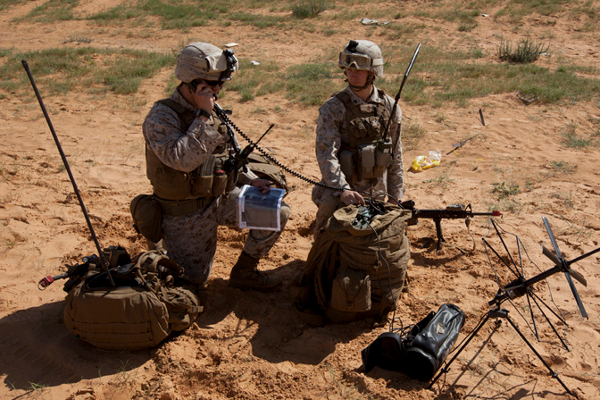

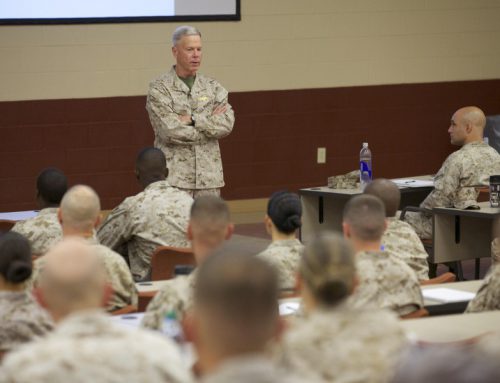
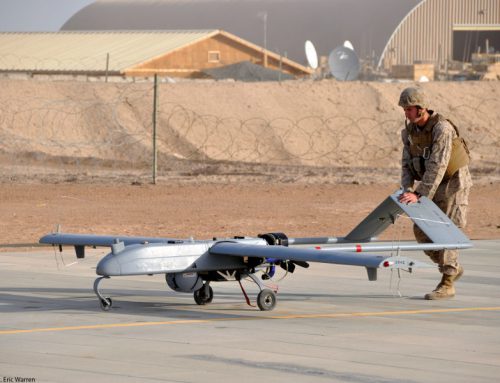
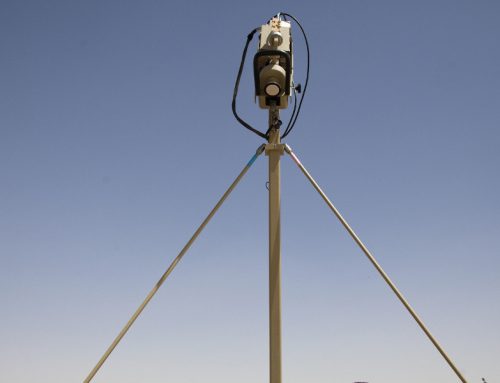
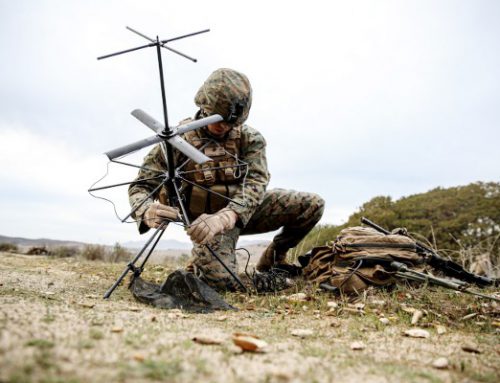
I just have one question, if a comm-o got assigned with an infantry unit, would the comm-o have just comms equipment or rifle and things like the infantryman?
Every Marine carries a weapon when deployed. It doesn’t matter what type of unit you go to.
Hi, I’m wondering if a person wants to pursue to become a data communications officer (not radio, or satellite, but data in particular), but doesn’t get that as a first pick, or turns out that he’s not qualified, can he then quit the marines?
Radio, wire, and data are all heavily tied into one another. If your set on data and have the mentality that you will “quit” if you don’t get it then you should stay in the private sector. We are officers first and you will likely never touch a router/switch again after communications school.